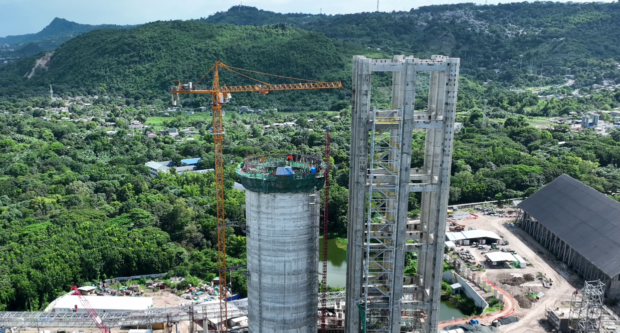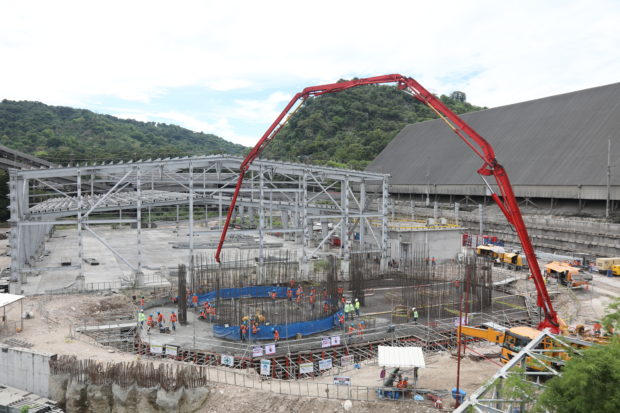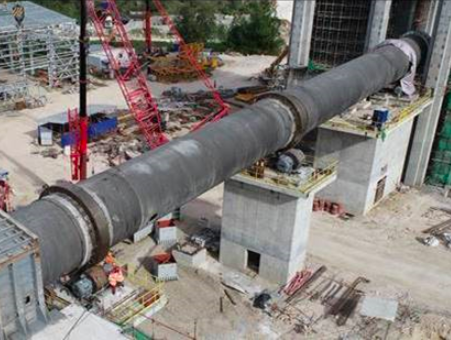CEMEX Philippines heralds sustainability, nation-building in new cement line
Written by Vaughn Alviar
CEMEX Philippines asserts its commitment to a better future through building a multibillion-peso new integrated cement line in its Solid Cement Plant in Antipolo City, Rizal.

In building the facility, the company increases Solid Cement’s current annual capacity by 1.5 million tons, bringing the total output to 3.4 million tons, and positions itself to supply more for the nation’s infrastructure programs and building needs.
CEMEX Philippines is investing $356 million (about P16.15 billion) in the new integrated cement line located in its 42-ha Solid Cement Plant property.

CEMEX Philippines President and CEO Luis Franco said that “this expansion project will not only meet infrastructure needs, but will also increase the growth and development opportunities in the communities and in the country.”
“We will maintain our active role in supporting the development of this nation as we have done in the past 25 years, and I am confident that we will continue to do so through collaboration and partnership,” Franco added.
Civil works for silos and mechanical installation have been ongoing, already with an investment of $197 million as of March 2022.

The company’s contractors are expected to complete building the whole facility by March 2024, fitted out with resource-efficient features like technologies to reuse waste hot gases for drying raw materials and a bag filter system that will improve dust emission control far below the actual regulation. Also prioritizing the environment, the cement line will include a proprietary solution called Low Temperature Clinker. CEMEX Philippines expects its new line to start commercial operations by April 2024.
CEMEX proves itself a leader in the construction materials industry by introducing low carbon, eco-friendly products to the Philippines.
The company’s passion for sustainability is seen in the utilization of eco-friendly and low-carbon Vertua products in the project. Vertua, the new-generation cement recently launched by the company, is high-quality and environment-friendly with 15-40 percent lower carbon footprint than the traditional Portland cement.
The new cement line is using an estimated 6,000 tons of Vertua cement products. This is equivalent to 564 metric tons of CO2 reduction, 121 gasoline-powered passenger vehicles off the road for a year or 9,321 tree seedlings grown for 10 years.

Vertua, like the new line at the Solid Cement Plant, reflects CEMEX’s green commitment. Globally launched in 2020, Vertua is an extensive portfolio that includes lower-carbon cements, concrete, as well as aggregates and admixtures.
On the path to zero-carbon status by 2050, it is guided by “Future in Action,” a CEMEX global agenda focused on implementing aggressive decarbonization goals encompassing lower-carbon products, solutions and processes.
Globally, the cement industry generates 5-8 percent of the world’s CO2 emissions, said the Global Cement and Concrete Association (GCCA). Cement, after all, is the second most consumed material in the world.
“A sustainable future drives our actions today. This means putting our focus on reducing our carbon footprint across our operations and transforming the cement industry value chain,” Franco highlighted.
All this is part of CEMEX’s solid commitment to transform into a carbon-neutral company, building a better future and addressing humanity’s most pressing issue: climate change.
ADVT